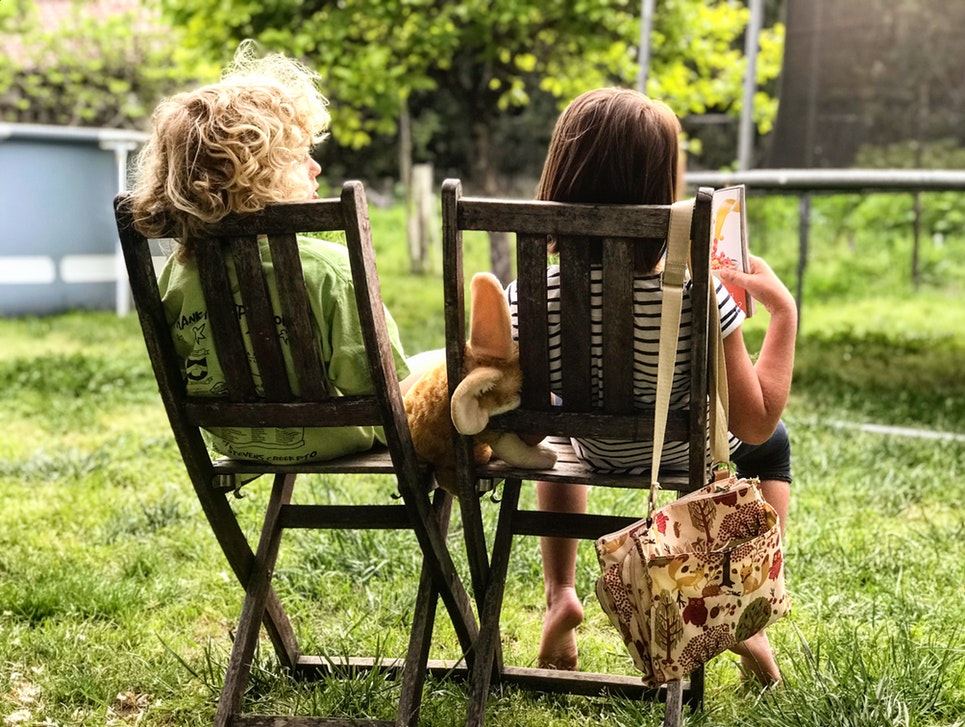If you’re a step-parent going through divorce and you have step-children, what measures can be taken to maintain a good relationship with your step-child and are there any financial obligations that need to be met.
A legal definition of ‘step-parent’
In England a step-parent is an individual who has married one of the biological parents of a child. Marriage is a legal prerequisite for step-parent status. Simply having lived with a biological parent is not sufficient in itself. Although an individual may have assumed a traditional parental role for a child that is not biologically theirs, it is not until they marry that they become a step-parent.
Rights after the relationship ends
When a relationship ends, a step-parent may have questions about the rights and responsibilities to their step-children. What happens after a divorce can depend on whether the step-parent acquired parental responsibility for the child during the relationship.
Parental responsibility is granted in one of three ways:
- By agreement with all other individuals who already have parental responsibility
- By adopting the child
- By going through the courts and obtaining a court order.
Parental responsibility gives individuals the legal right to make decisions regarding a child’s welfare, including decisions relating to their medical treatment and education.
If a step-parent is divorced from the child’s biological parent, it does not always follow that contact between the child and step-parent will continue. Parental Responsibility for the child does not guarantee this, but it may help. Parental Responsibility may be one of a number of factors that makes an ongoing relationship, where the child sees and stays with the step-parent, a more persuasive reason for obtaining a court order that allows the step-parent to see the child.
Mediation
Before approaching the court, the applying step-parent is required to try mediation first, in an attempt to resolve with the biological parent how contact between the child and step-parent can continue. If an agreement is not reached, the step-parent should consider seeking assistance from the courts.
Child Arrangements Order
When a step-parent needs assistance from the court to maintain their relationship with their step-child, they can apply a Child Arrangements Order. These orders determine where the child lives and with whom they spend their time. A variety of statutory factors come into play when step-parents apply for a Child Arrangements Order, and the court will take all relevant circumstances into account before making a decision. Likely considerations include:
- The degree of commitment the step-parent has shown towards the child
- The degree of attachment that exists between the step-parent and the child
- The step-parent ‘s reasons for applying for the order
Financial responsibilities
When it comes to a step-parent’s financial obligation to their step-child after a divorce, it is important to remember that the Child Maintenance Service cannot require a step-parent to pay maintenance for a step-child. However, if the step-child was raised as if it were part of a new family – consisting of the step-parent, biological parent, the step-child and any other children – the courts could determine that the step-parent needs to cover some costs. In such a case, they may ask the step-parent to make monthly maintenance payments, provide them with a place to live, cover certain living costs or school fees.
Conclusion
In most scenarios, a step-parent will not automatically be entitled to see their step-children if they become divorced from the biological parent. However, through face-to-face discussions, divorce mediation, or a Child Arrangements Order, it is possible to gain contact with a step-child. Step-parents also need to be aware that they may have certain financial obligations to their step-children after a divorce.
This is not legal advice; it is intended to provide information of general interest about current legal issues





